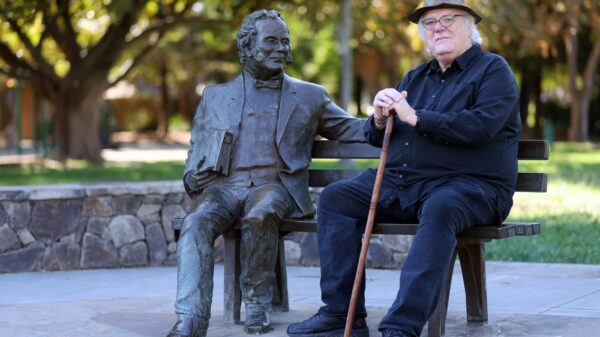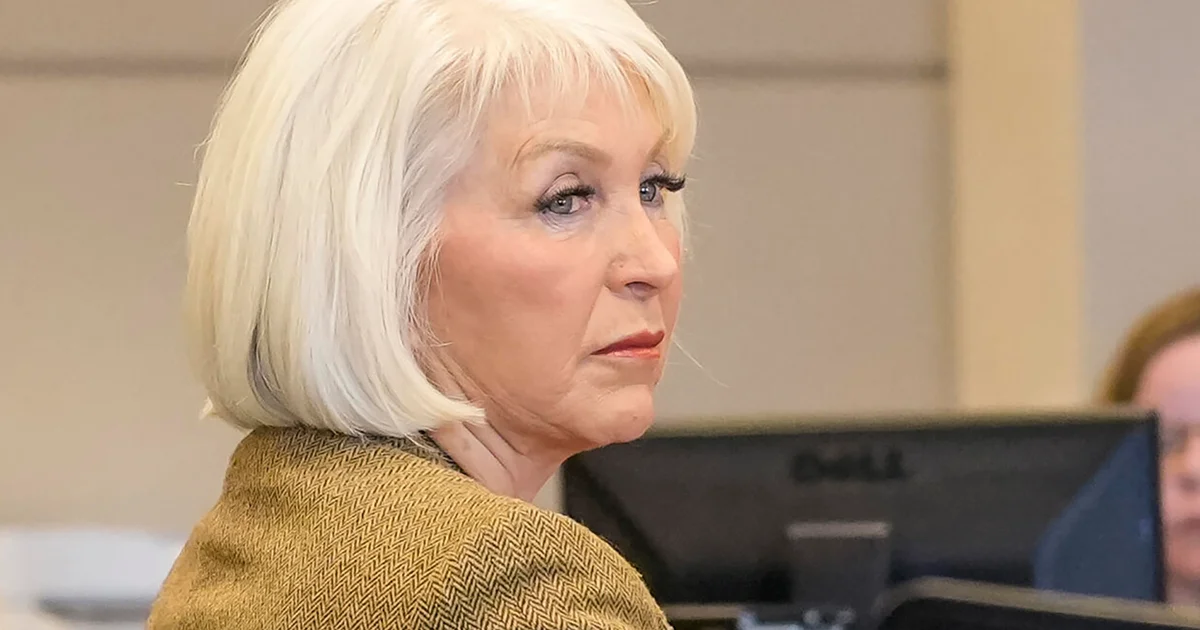The potential transfer of former Mesa County Clerk Tina Peters from state to federal custody has sparked significant opposition from Colorado officials. Governor Jared Polis is being urged to deny a request from the Federal Bureau of Prisons to facilitate this transfer. Peters, known for her involvement in election denialism, was convicted for illegal access to a voting machine in 2022, a verdict that has drawn national attention and intense debate.
Peters’ case has become a focal point for discussions surrounding election integrity and accountability. Following her conviction, the Colorado County Clerks Association and state officials expressed concerns that granting the transfer would undermine the legal process and yield to external political pressure. Colorado Secretary of State Jena Griswold has been particularly vocal, stating, “Tina Peters stands alone as an example of the nefarious actions and outcomes of election denialism.” She emphasized the importance of upholding Colorado law, noting that Peters had violated her duties and harmed the electoral process.
The bipartisan Colorado County Clerks Association echoed Griswold’s sentiments, claiming that transferring Peters could endanger election officials across the nation. The association pointed out that many clerks have faced increasing threats and intimidation, stating, “To remove Ms. Peters from Colorado custody now, at the urging of political actors outside our state, would send a deeply damaging message to the clerks who upheld their oath under extraordinarily difficult circumstances.”
Peters was convicted in October 2024 on charges including conspiracy to commit criminal impersonation and first-degree official misconduct. The charges arose from an incident in May 2021, where she allowed an unauthorized individual access to the Mesa County election system, purportedly to find evidence supporting false claims regarding the 2020 presidential election. This individual was associated with Mike Lindell, the CEO of My Pillow, who has been a prominent proponent of election fraud theories.
During her trial, Peters contested the legality of her actions, arguing that she was merely trying to preserve election data prior to a system upgrade. She has characterized the charges against her as politically motivated, a claim that Daniel P. Rubinstein, the Republican District Attorney for Mesa County, refuted, stating that the prosecution was based on clear evidence of wrongdoing.
Peters’ former chief deputy, Belinda Knisley, and another former employee, Sandra Brown, accepted plea deals for their involvement in the case. Knisley, as part of her agreement, testified against Peters, revealing that Peters had misused a security badge to grant access to the election system.
During her sentencing, which took place on October 3, 2024, the judge criticized Peters for showing no remorse for her actions, resulting in a nine-year prison sentence. Currently, Peters is appealing her conviction while citing severe health issues, including a recurrence of lung cancer and other ailments.
In a recent development, the Department of Justice announced a review of her case, with concerns raised about the length of her sentence. Acting U.S. Assistant Attorney General Yaakov M. Roth described Peters’ sentence as “exceptionally lengthy,” prompting further scrutiny of the circumstances surrounding her prosecution.
As the situation unfolds, Governor Polis has yet to indicate whether he will approve the transfer request. The rationale behind the Federal Bureau of Prisons’ request remains unclear, but the implications of such a transfer could resonate far beyond Colorado, affecting election officials nationwide. The stakes are high, and the ongoing discourse reflects deeper national tensions surrounding electoral integrity and accountability.




































































